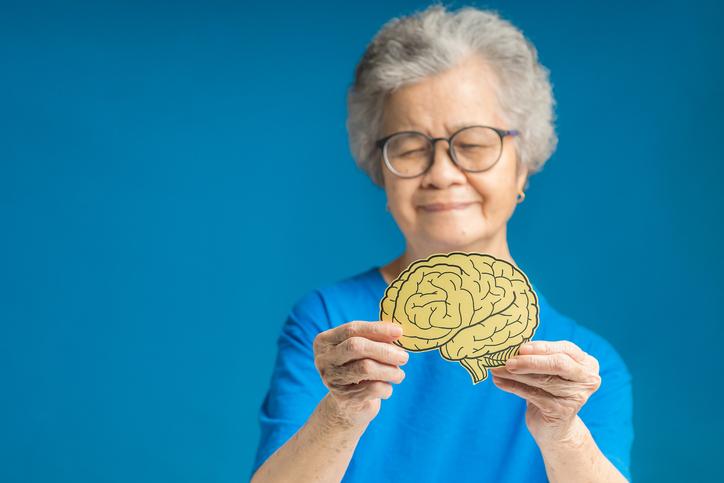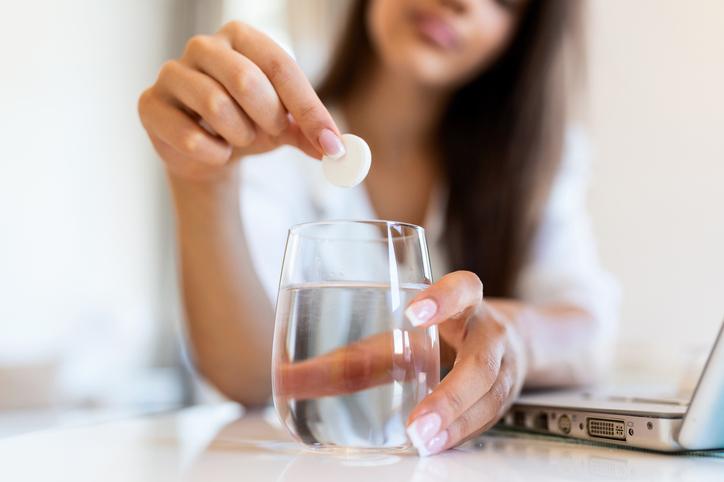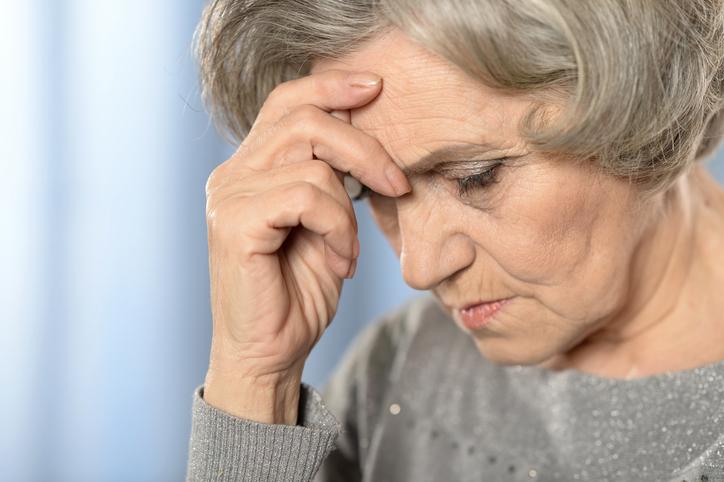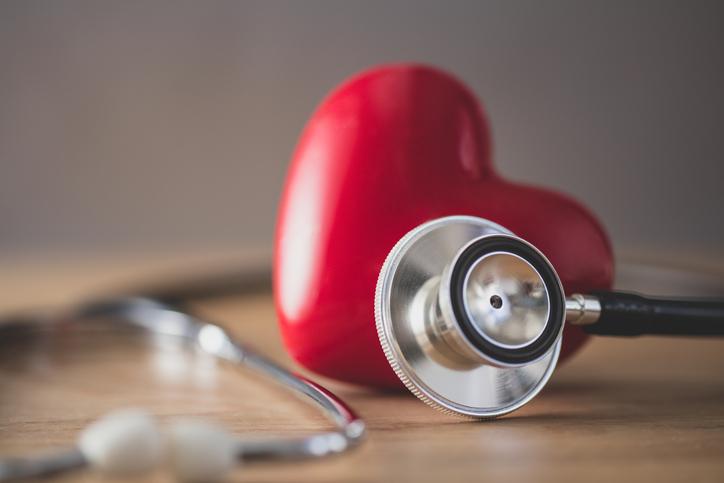18 апреля 2022
Examining Myths About Gastritis


18 апреля 2022
Examining Myths About Gastritis
## Myth #1: Gastritis occurs due to spicy and fatty foods
In 95 % of cases, gastritis (as well as other diseases with the ending in -it) is an inflammatory and infectious disease. In recent years, most scientists believe that the culprit of gastritis is the bacterium helicobacter pylori. Of course, it is good to eat less fast food and fatty, salty, and fried food to keep your gastrointestinal tract healthy. However, this will not prevent gastritis in the case of bacterium infection. Just like vitamin C is very useful and helps the immune system, even eating a pound of oranges a day will not protect against the flu.
## Myth #2: Diet change is the main method to combat gastritis
All these "special diets" have long been recognized as=== outdated and ineffective ways to stop gastritis. It is necessary to treat the bacterial infection, as foods like oatmeal will not help. Of course, during the exacerbation period, you need to watch your diet to not stress the stomach. This means eating baked or boiled foods, limiting the use of spices, spicy, salty, and pickled ingredients, and avoiding freshly squeezed juices that are acidic. Remember that this can help, but it is not a cure.
## Myth #3: It is useless to treat Helicobacter as you will get infected again anyway
Reinfection with Helicobacter is extremely rare provided basic hygiene is followed. The bacterium is transmitted through oral-facial routes, i.e. it is enough to wash fruits and vegetables, wash hands after visiting public places, and not drink water from contaminated sources. Also worth noting that Helicobacter cannot be transmitted through kissing.
## Myth #4: Gastritis can be provoked by medicines, such as aspirin
Aspirin and other non-steroidal anti-inflammatory drugs can damage the gastric mucosa and cause a sensation of heartburn, pain, or grittiness. However medically speaking this is gastropathy and not gastritis. It's kind of like a burn to the mucosa, and if you heal it, it doesn't cause a prolonged inflammatory process. Remember that when choosing a drug, you should consider its effect on the stomach. And remember that while alcohol itself does not cause gastritis, in the acute phase it can worsen the patient's condition.
## Myth #5: It is impossible not to notice gastritis
Gastritis is completely asymptomatic and is often only felt when it develops into an ulcer. Pain in the stomach, heartburn, reflux, nausea, and cramps can all be symptoms of many other gastrointestinal diseases. The only way to diagnose gastritis is with a gastroscopy.
## Myth #6: Gastritis is a precursor to cancer
This is partly true — if helicobacter is not treated at all, the probability of stomach cancer increases by 36 %. But, with timely treatment, Helicobacter is cured in 86 % of cases and in 10 % it "falls asleep"; i.e., it is detected by tests, but does not cause any discomfort.
## Myth #7: If I do not have helicobacter, I will not have gastritis
Gastritis may be reflux gastritis, which is associated with intestinal content (in particular duodenum) in the stomach and is autoimmune (when the body seems to eat itself, producing antibodies that destroy the walls of the stomach). In this case, helicobacter is not to blame.













